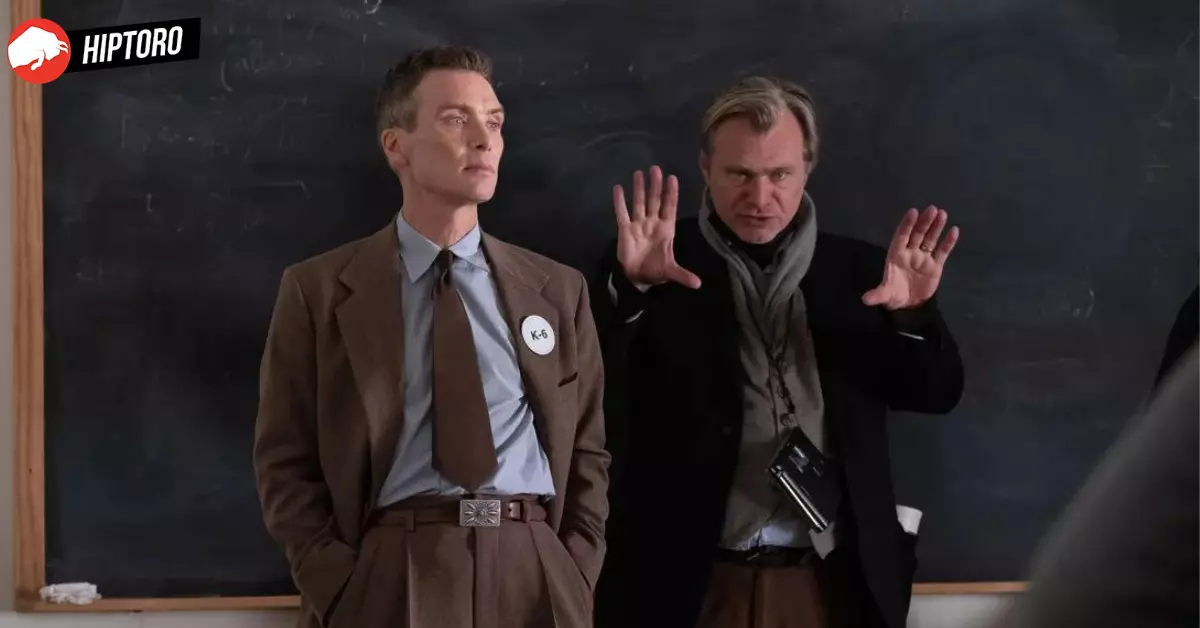Whether you’ve already savoured Nolan’s Oppenheimer in theatres or are still waiting to catch the gem onscreen, we’ve got some interesting facts for you to go through. These amazing facts will give you a deeper insight into Christopher Nolan’s movie-making process and Robert Oppenheimer’s life.
The best part is that none of these facts gives away any spoilers regarding the movie. And all the information has been provided by Reddit user u/Dwingledork. So let’s get started!
8 Fascinating Oppenheimer Facts
#1
Since the production of Memento in 2000, Warner Bros have distributed all 9 of Nolan’s films. But, the director became disgruntled with the studio when, prior to the 2020 launch of Tenet, they declared that their movies would have a simultaneous release on HBO Max and in cinemas.

This prompted Nolan to join forces with Universal Pictures for the production of Oppenheimer, his first movie outside of Warner Brothers, as they were the only studio to meet all his demands: $100 million for production, $100 million for marketing, total creative autonomy, 20 per cent of the gross income, and a 100-day exclusive theatrical release window.
In response, Warner Bros. planned to release Barbie, a $100 million budget film, on the exact same day as Oppenheimer for a high-stakes showdown.
#2
From an early age, Robert Oppenheimer displayed extraordinary intelligence. From the ages of 7 to 11, he was passionate about mineralogy and writing poetry. At 12, he began to use the family typewriter to communicate with prominent geologists, writing about rock specimens he had collected in Central Park in New York.
One of the people he wrote to was so impressed that they offered Robert a place in the esteemed New York Mineralogical Club. Robert was invited to give a talk to the club but was afraid to do so. His father saw the humour in the situation and took Robert along to the event.
The crowd were astonished when they saw a young boy take the stage and were even more impressed when they heard his speech, which ended with a standing ovation.
#3
Nolan planned to make a movie about Howard Hughes in the early 2000s, with Jim Carrey playing the lead role. He referred to it as the best script he ever wrote. Unfortunately, the plan was foiled when Martin Scorsese released his own Howard Hughes film, The Aviator. Instead of competing with Scorsese, Nolan switched gears and began production of Batman Begins.
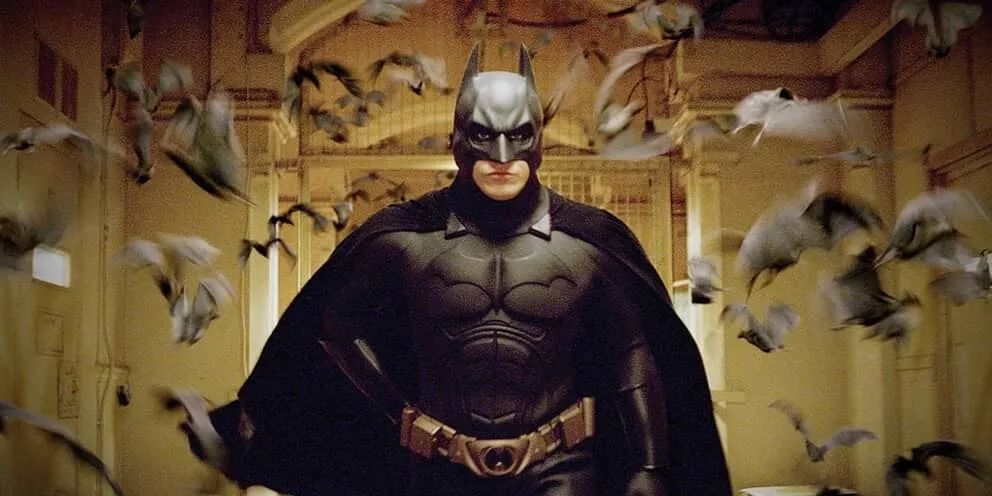
Even though he never made the Hughes movie, he was still able to incorporate some of its themes into the character of Bruce Wayne. He also thought that writing the Howard Hughes script gave him the confidence to take on the biopic of Oppenheimer since the two figures had remarkable similarities.
This is aptly expressed in the movie’s trailer, “You’re a dilettante, you’re a womanizer, unstable, theatrical, neurotic.”
#4
Raised in a wealthy Jewish family in New York City, Robert Oppenheimer and his brother Frank were given every luxury and the finest education money could buy. Despite his intelligence, he was unpopular with his peers due to his boastful attitude, which caused him to be bullied frequently.
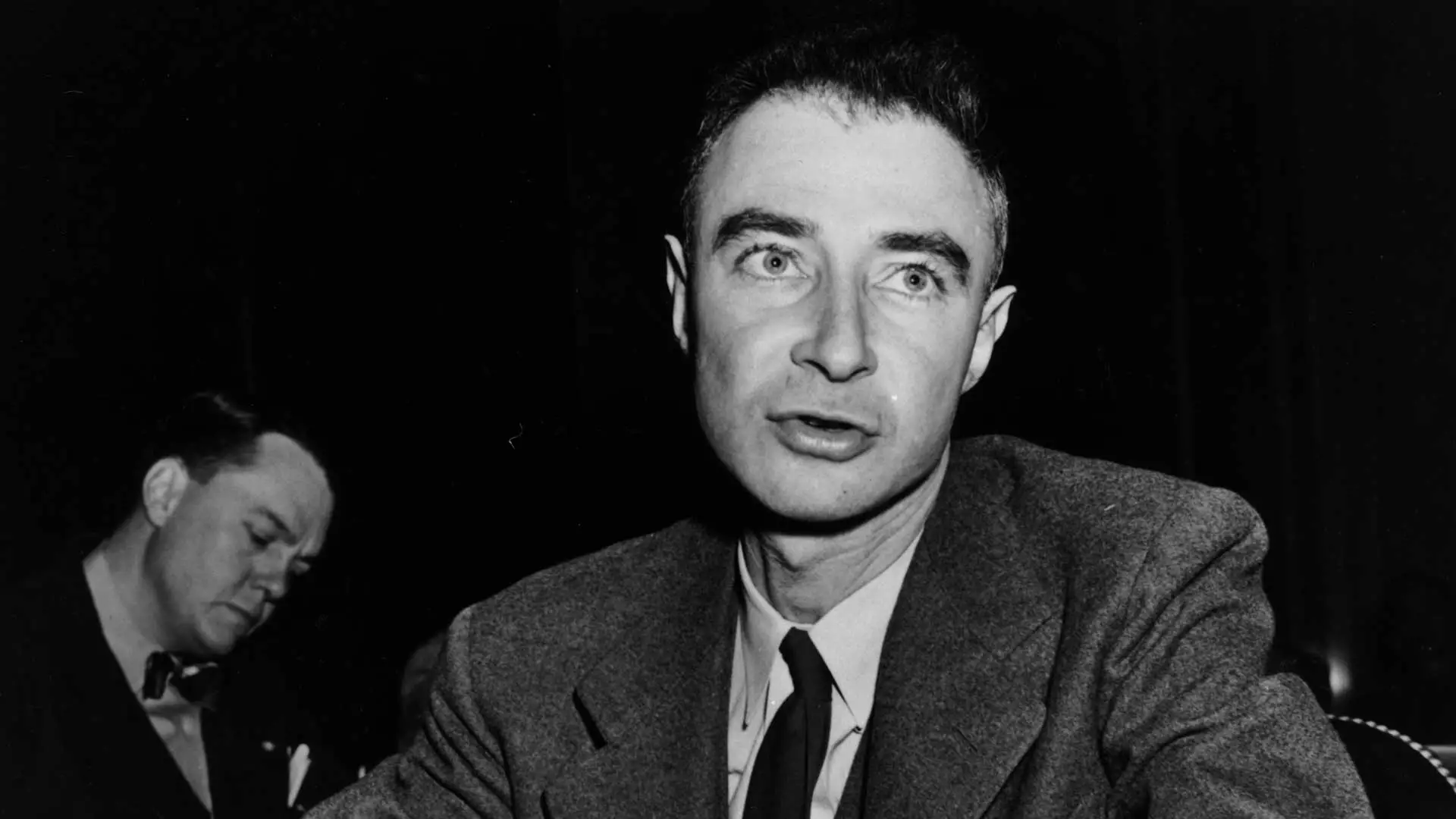
This included being stripped naked and locked in an icehouse one night at summer camp. In the future, Robert looked back on his childhood and remarked, “My overly comfortable childhood did not prepare me for the reality of a cruel and harsh world”. As a result, he became reclusive and devoted himself to his studies, asserting to his brother, “I need physics more than I need friends”.
This dedication paid off and he graduated at the top of his class, gaining entry to Harvard. There, he took courses in mathematics, literature, religion, and philosophy, in addition to physics. His performance was so impressive that he was admitted to the graduate physics program as a first-year student.
This was where he found his passion for theoretical physics. After just three years, he graduated with honours with a degree in chemistry. However, physics was the field that truly captivated him, and with some ambivalent references, he was accepted to Ernest Rutherford’s laboratory at Cambridge.
#5
Charles Raven, who had worked with Nolan on the Batman trilogy, suggested the director create a movie about an atomic bomb, based on the Pulitzer Prize-winning biography “American Prometheus”. Fascinated by the suggestion, Christopher Nolan began to write the script for the project right after reading the book.
He found the enigmatic Oppenheimer character and the enormous implications to be one of the most difficult scripts he had ever come across. In addition, the book’s countless particulars and the potential of multiple movies within it made the task even harder. Despite all of these restrictions, Nolan followed the factual accounts in the 722-page biography while integrating his unique creative approach.
To better understand the project, Nolan chose to write the script from a first-person point of view, something he had never done before. Through this angle, he wanted to capture the gravity of the moment by stating,
“I wanted to go on this journey with Oppenheimer, experiencing the story instead of judging him. You are faced with these unresolvable ethical dilemmas with him.”
#6
Whilst at Cambridge, Robert Oppenheimer was in a heavily distressed psychological state, missing the structured lectures he had experienced at Harvard. He disliked the tedious work of experimental physics in the grad program and wished he had more time to study theory, which would have helped to improve his emotional state.
Robert was often found in classrooms, staring at a blank blackboard, saying “The point is…” for hours. His fellow grads saw him lying on the floor, moaning and mumbling about unsolved scientific problems, suggesting he was in a state of great depression. Reports of him getting on a train, unable to focus on his thermodynamics studies due to a couple’s intimate behaviour, lead to him attempting to kiss the woman and then begging for forgiveness when overcome with remorse.
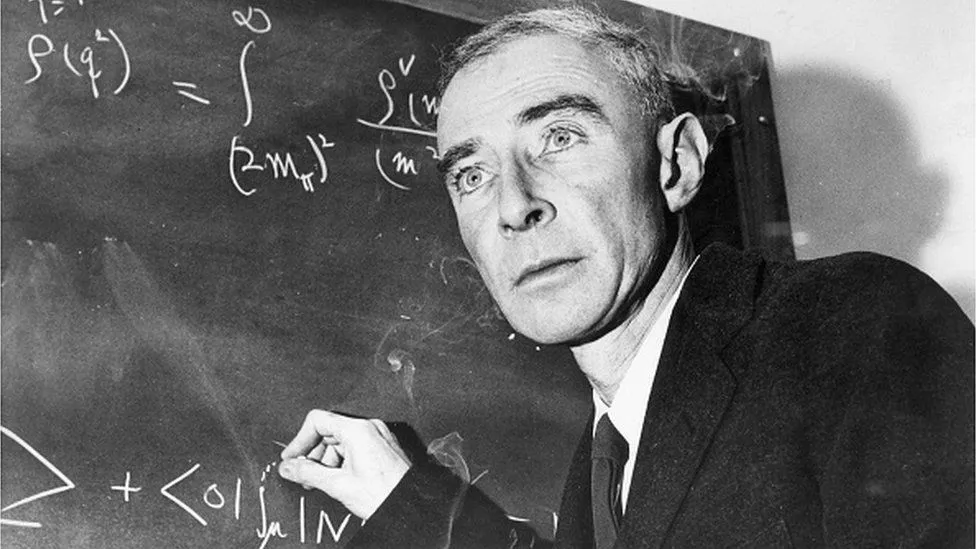
During a visit to his former high school classmate in Paris, news of his friend’s upcoming marriage caused Robert to launch himself onto Fergusson and attempt to suffocate him. This event confirmed to everyone that Robert was dealing with serious psychological issues. Years later, Robert mentioned that he had considered taking his own life due to his inability to manage his inner conflict.
#7
Nolan wanted to use as little CGI as possible, especially when it came to portraying the scientists’ inner thoughts on an atomic level. When he shared the screenplay with his visual effects supervisor, Andrew Jackson, Nolan made it clear that they had to delve into the mind of Oppenheimer. He declared,
“We have to get to the core of this guy. We have to look at the world as he saw it. We have to see the atoms in motion, the quantum world as he envisioned it. And then we must see how it all led to the Trinity test. We must sense the danger, the apprehension of it all. Let’s do all that, without relying on any computer-generated imagery.”
#8
Robert Oppenheimer’s emotional state hit its peak during an incident involving his tutor. Patrick Blackett, who would later win a Nobel Peace Prize, was a counsellor for Robert, like many other Cambridge students. He was excellent in laboratory experiments and science, the exact opposite of Robert. Patrick aimed to impart positive habits to Robert to help him with his lab results, but what resulted was intense hatred. Robert, accompanied by some classmates, went to Corsica on holiday to escape his lab work.
During dinner one night, a waiter informed Robert that the next ferry was leaving soon for the mainland. When his friends asked why he was leaving so early, Robert was too embarrassed to explain. However, after drinking more wine, he told them everything. Robert raved about his tutor, saying he hated him.
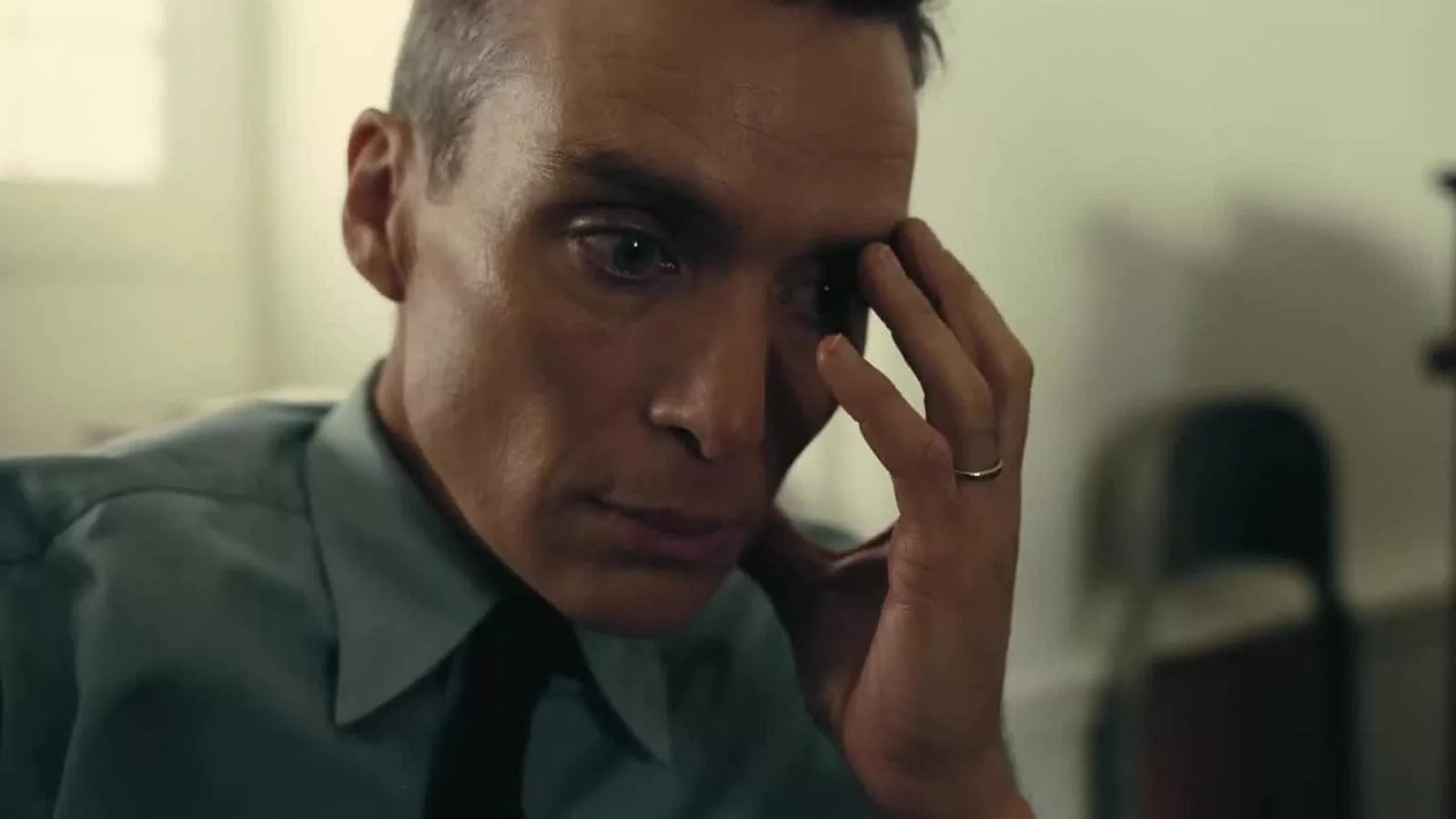
He even confessed to putting lethal poison in an apple and leaving it on Blackett’s desk. Robert’s friends immediately reported this to the Cambridge administration. Robert’s father was luckily visiting the university at the time and was able to stop the criminal charges from being pressed. Instead, Oppenheimer was placed on probation and required to see a psychologist in London. Here, he was diagnosed with dementia praecox, a disorder whose symptoms can be compared to those of schizophrenia.
Credits : Reddit


